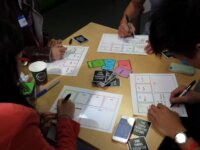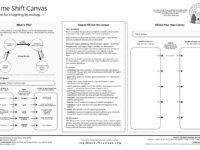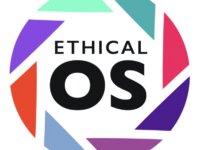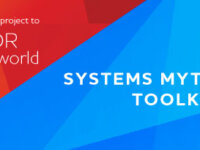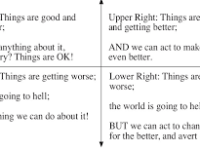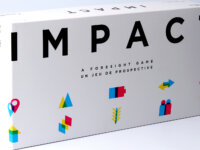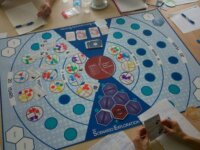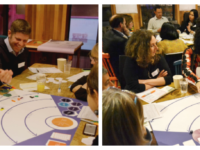Global: Anticipatory Innovation & Foresight
This post was guest authored by Micco Gronholm, Head of Future, City of Helsingborg The City of Helsingborg, Sweden, has taken a stand. Over three years we will make an investment of a type that Sweden has never seen before. SEK 250 million will be ear-marked to be used for one thing: Anticipatory innovation to find new, smarter and more efficient ways to plan and build cities where both the people and planet can thrive....
Societal challenges such as demographic change affects rural areas in particular. The Social Foresight Lab is an innovative participatory approach towards rural development and technology transfer to address these challenges. It combines foresight, needs assessment and strategy development. Rural areas benefit, as it takes into account regional characteristics, initiates new cooperations among regional stakeholders, and integrates technological and social innovations into regional development.
This resource is an imagination game that challenges players to collaboratively and competitively describe objects from a range of alternative futures. The object of the game is to come up with the most entertaining and thought-provoking descriptions of hypothetical objects from different near-, medium-, and long-term futures. The card deck can be downloaded and printed and contains cards, instructions, playsheets, and blank cards that you can customize with your own content. The website also…
This canvas is a strategic design tool for developing descriptive models of transformative futures. It asks users to name the logics stabilizing the dominant regime — and then imagine how such logics might stabilize an alternative in terms of narratives, goals, core values, governance & practices, and physical inputs.
Requires email address in exchange for download.
The resource contains tools for visualizing and anticipating future risk of technology products, acknowledging that once technology is released and reaches scale it may be used for purposes beyond the original intention. The toolkit contains foresight methods, including 14 scenarios, for kicking off important conversations with product teams--including examples of current signals of future trends. It also contains a Risk Mitigation Manual with 8 risk
zones where hard-to anticipate
and unwelcome…
This toolkit was developed to help us cope with the rapidly changing world, such as global networks and autonomous drone fleets—that have never existed before. The publishers suggest that we need new stories and new mythologies to tell us how these things fit into our lives and make sense of these transformations.
The toolkit contains a card deck exploring different colored "archetypes" or ways of making meaning and each includes different ways of understanding Interactions, Environments,…
Over a dozen years of use to date, the game represents an accessible approach to introducing "images of the future" as a basic property of both cultures and individuals, and can be used as an introduction for more advanced futures and foresight tools and frameworks. It provides a structure for facilitating conversation among groups of participants and intended for groups. Duration is flexible, but typically runs 30-60 minutes. The resource provides step-by-step guidance for how to run the game…
IMPACT: A Foresight Game is a serious board game that teaches you to think critically and imaginatively about emerging technology and the future of society.
It's goals for players:
/ Learn the basics of futures thinking including some of the key terminology
/ Learn about the latest advances in science and technology (neurotech, nanotech, artificial intelligence, IoT, biotech, robotics)
/ Practice thinking about how these emerging technologies could evolve and the various ways they could…
The Scenario Exploration System (SES) is a serious game for future simulation (2035 and 2050). It involves participants exploring their long-term objectives in contrasting scenario-related contexts while interacting with other stakeholders. By creating a realistic journey towards the future, the SES generates a safe space to simulate possible responses connected to any issue of interest to the participants.
There are two editions: "Sustainable Transitions" and "Food Safety and Nutrition…
The Game of Life 2050 draws on scenarios for a sustainable European society in 2050. It is an interactive board game in which players consider four scenarios that describe the radical changes needed to be living within key environmental boundaries by 2050.
The game takes a minimum of 2 hours to run (ideally 4 hours) and involves 5-7 actors (each played by one person or in pairs) and one Games Master.
Play consists of three ‘rounds’ in which actors are given a set of circumstances that have…


